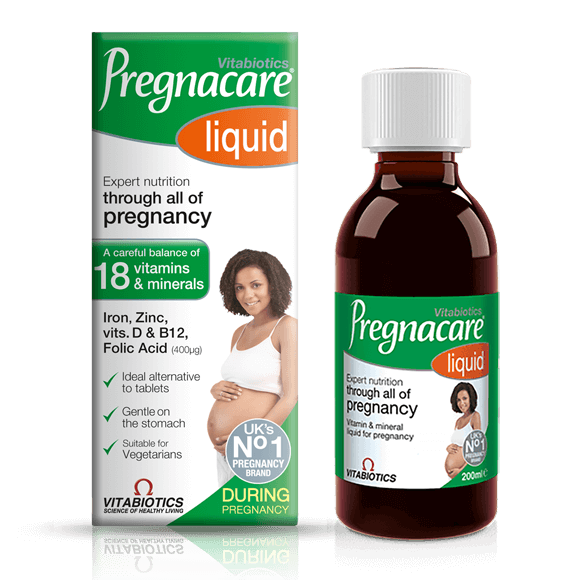It's the next instalment of our A-Z of pregnancy, this week bought to you by the letter B
The next instalment of our pregnancy A-Z is all about the letter B...which contains some of the less glamorous aspects of pregnancy life (back pain, bloating and bowel movements, anyone?!)
Make sure you also catch-up on the first post in our Pregnancy A-Z (all the As of pregnancy).
B is for...back pain
Back pain experienced by pregnant women is caused by the ligaments between the pelvic bones softening and joints loosening in preparation for the baby’s passage through the pelvis.
This movement can cause considerable discomfort on either side of the lower back, often with walking, and especially when going up and down stairs. During the second trimester, the uterus becomes heavier and changes the woman’s centre of gravity. Gradually - and perhaps without being aware of it - women begin to adjust their posture and the way in which they move.
These compensations can result in back pain, strain or other injury. The separation of the muscles along the front of the abdomen during pregnancy may also contribute to back pain during pregnancy. These two parallel sheets of muscles run from the rib cage to the pubic bone. As the uterus expands, they sometimes separate along the centre seam, which can make back pain worse. Careful lifting and carrying during pregnancy is important to prevent injury.
Birth weight
The average birth weight in the UK is 3.4kgs (7.5lbs), but this can be reduced if you are expecting your first child, or if your baby is a twin or triplet. Your midwife will check the size of your baby by measuring your bump at intervals throughout your pregnancy. They may need to arrange an ultrasound scan to check the health of your baby if they measure smaller than expected.







Comments (0)